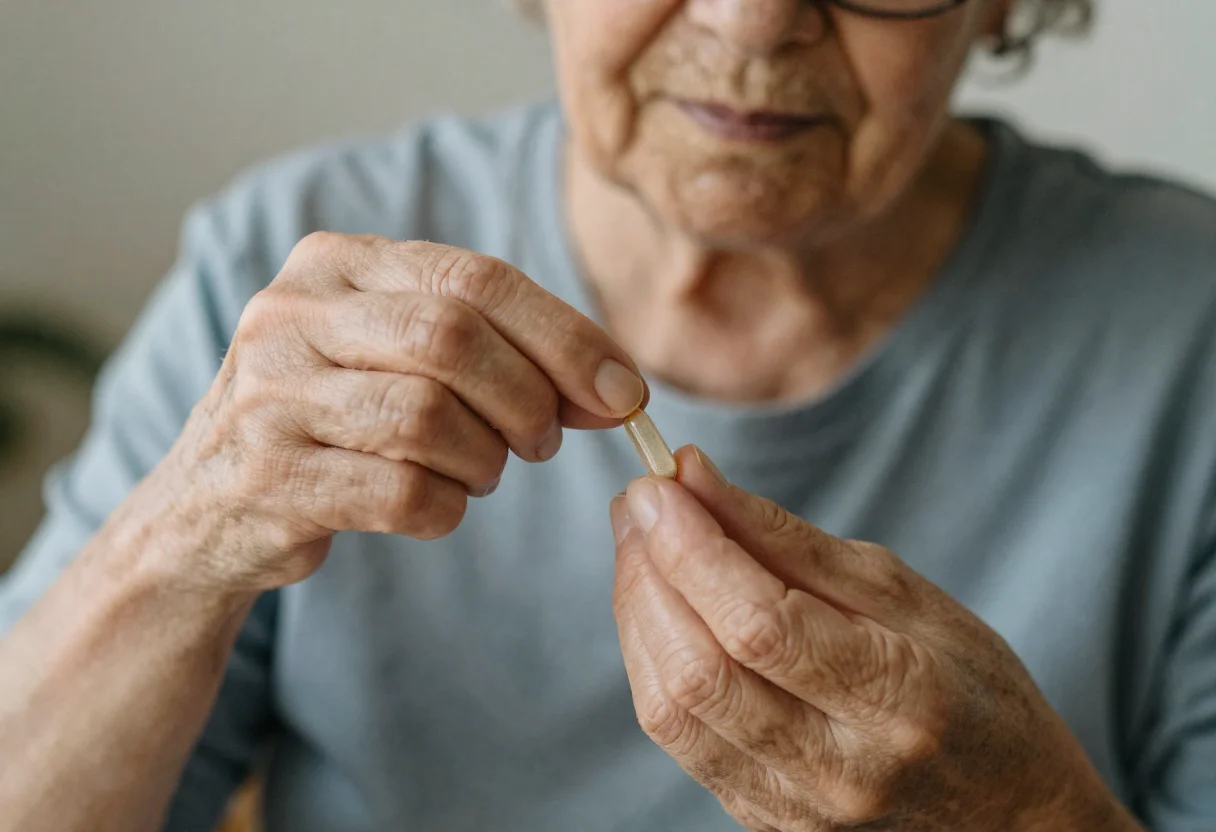Although it was discovered more than a century ago and intensive studies have been carried out for many years to define the disease, to elucidate its processes and to treat it, unfortunately, there is still no drug or treatment method that can definitively treat AD.
The drugs used for the treatment of AD are extremely limited and there are basically “four drugs” in this field and the treatment with these drugs is classified as “symptomatic treatment” and they do not completely cure the disease and do not completely treat the damage to the neurons in the brain. Three of these four drugs are “anticholinesterase” drugs (donepezil, rivastigmine and galantamine) that increase the cholinergic activity in the brain, and one “NMDA noncompetitive antagonist” (memantine), which noncompetitively antagonises (inhibiting the biological response that occurs when the receptor is stimulated) N-methyl-D-aspartate (NMDA) receptors, a receptor subtype of glutamergic neurons, in order to reduce the excessive function of glutamergic neurons in the brain. Anticholinestreases (donepezil, rivastigmine and galantamine) are approved for the symptomatic treatment of mild to moderate Alzheimer's-type dementia and NMDA noncompetitive antagonist (memantine) is approved for the symptomatic treatment of moderate to severe Alzheimer's-type dementia.
Donepezil and galantamine are available as tablets and rivastigmine as capsules, solution and skin patches. Memantine is available in tablet and solution forms, and a newer combination form of memantine and donepezil is also available and is used for the treatment of moderate to severe Alzheimer's-type dementia.
As these drugs cannot cure AD, there has been an increased interest in disease-modifying drugs, including monoclonal antibodies (antibodies (immune cells) against a disease agent that are designed (cloned) to destroy it) that target pathophysiological (disease-causing mechanical, physical or biochemical dysfunctions) markers of AD (e.g. many monoclonal antibodies targeting Aβ plaques (e.g. aducanumab, lecanemab)). However, no clear efficacy has been achieved in clinical trials with newer drugs such as aducanumab and lecanemab, and concerns have been raised about their side effects and hence safety. In addition, although many drug trials have been conducted over the decades targeting the various disease development pathways of AD, the results have been unsatisfactory and there is still no effective and validated treatment that effectively halts the progression of AD.
To prevent AD, careful management of body mass index (BMI) and body weight, regular physical exercise (especially by adults over 65 years of age), actions that stimulate cognitive (mental) activities such as reading and playing chess, not smoking and not being in environments where tobacco is used, limiting alcohol intake, adequate and good quality sleep, avoiding diabetes with a healthy lifestyle, avoiding atherosclerosis with a healthy lifestyle and use of medication when necessary, taking precautions against cardiovascular diseases such as atrial fibrillation (uncoordinated and very rapid contraction of the atria of the heart), being careful against hypertension (high blood pressure) and orthostatic hypotension (low blood pressure that occurs when standing after sitting or lying down), being healthy and strong in old age, getting as much education as possible in early life, keeping the mind calm and avoiding daily stress are given as preliminary clinical suggestions in current scientific publications.


















